How many people know about The Elders? Not science fiction, they are a non-governmental organisation of global thought leaders. Oddly enough, I’ve met a couple of them. We spoke in social pleasantries rather than of their vision which ‘is of a world where people live in peace, conscious of their common humanity and their shared responsibilities for each other, for the planet and for future generations’. Our meeting was the day Lia was being conferred with an honorary doctorate by Dublin University. As her plus one, I was able to enjoy a meal among the honourees, their plus ones and the university principals. And in my own alma mater, something neither my adult imagination let alone my student version was ever capable of imagining.
I was in thrall to another conferee on the day. Not the then University Chancellor Mary Robinson (current Chair of The Elders as I type) nor Hina Jilani (another of today’s Elders), nor my wife (I took one day off, sorry).
As a first aside, another honourary conferee that day was Joe Biden. I didn’t even see him because he had his own conferring and wasn’t eating with us. He was in a marquee about 50 m away, talking to business and other leaders. His security agents swept the university to keep us as far from harm as you can get when there’s an asset like a sitting US Vice President standing in your midst. And knowing Alexander Litvinenko died from been given polonium with his tea in a London hotel some ten years earlier, you can imagine that US protection units have to make full use of their imaginations. And those imaginations manifested as a security intrusion by a foreign state that wasn’t to everyone’s liking, as it happens. Many imagined they were somewhat less safe and more insecure, it seemed.
As the second aside, imagine an unimaginable imagination. Wonder if others can see what you cannot. Wonder what you see that is unknown to them.
Which needs a third aside. As a geophysicist, I’ve had good reason to desire a more sensitive device with which to measure gravity. One of the purposes would be to locate low density rock formations such as masses of halite (salt) which forms plumes or domes in the subsurface. The commercial attraction is that oil and gas is often trapped up against the impervious sides of the salt. Another might be to monitor hydrocarbon extraction as water floods into reservoir rock to replace the oil and gas being brought to the surface. So, in trying to improve the dynamic range of gravity meters, we invested in a joint research initiative aimed at the development of a new kind of gravity meter. Some twenty years ago, this industry consortium was testing a role for superconductors (think cryogenics) in the detection of a very weak signal. Weak in this context means recording an amplitude equivalent to an electron being displaced by its radius (we used this analogy for ‘small’ – still not sure there’s a proven way to define an electron radius). And of course, ever ambitious, we needed the instrument to work flawlessly at 200 miles an hour in an airplane (think metal, yaw, roll, pitch and where are we in x,y and z?). While some argued that landing on the moon could be considered easy by comparison (we had maybe $00.3 million rather than the $300 billion for a moon ticket), this electron-scale was like the earth-moon distance by comparison to the space in which my hero theorised.
So back to the second aside. The man with the unimaginable imagination shared a Nobel in 2013 for using a brain, pencil and paper to work out that was something missing from our understanding of atoms. Some €4 billion was found to build The Large Hadron Collider and guess what, he was right. To me, Peter Higgs was the most important person in a room full of seriously important people. These were all people with imagination, the ability to see that things can and should be different. And to rework Newton’s remarks, I was surrounded by giants who had themselves stood on the shoulders of giants. Higgs said to me, as I’m sure he says to anyone, that he never imagined seeing the Higgs Boson proved in his lifetime. There are limits after all.
The point of this ramble is leadership and my imagining that things can be different. I’m still nervous about expressing some of my unqualified thoughts; the more negative views are still pending. However, for today, my focus is on the positive side. I imagine a world where The Elders and folk like them are allowed to be thought leaders and giants with influence. And whose shoulders will support future visionaries. My concern is that we need to get this in place before incumbent leaders waste the pandemic experience and subsequent opportunities. I think we owe it to ourselves to make this a watershed. The Great Lockdown should be remembered as the time we came together and not the time each nation engineered its own return to the past while burying its dead.
The weather suited going out into the garden today, camera in hand. I played with telephoto and macro lenses and can share a dozen squares of ephemera.

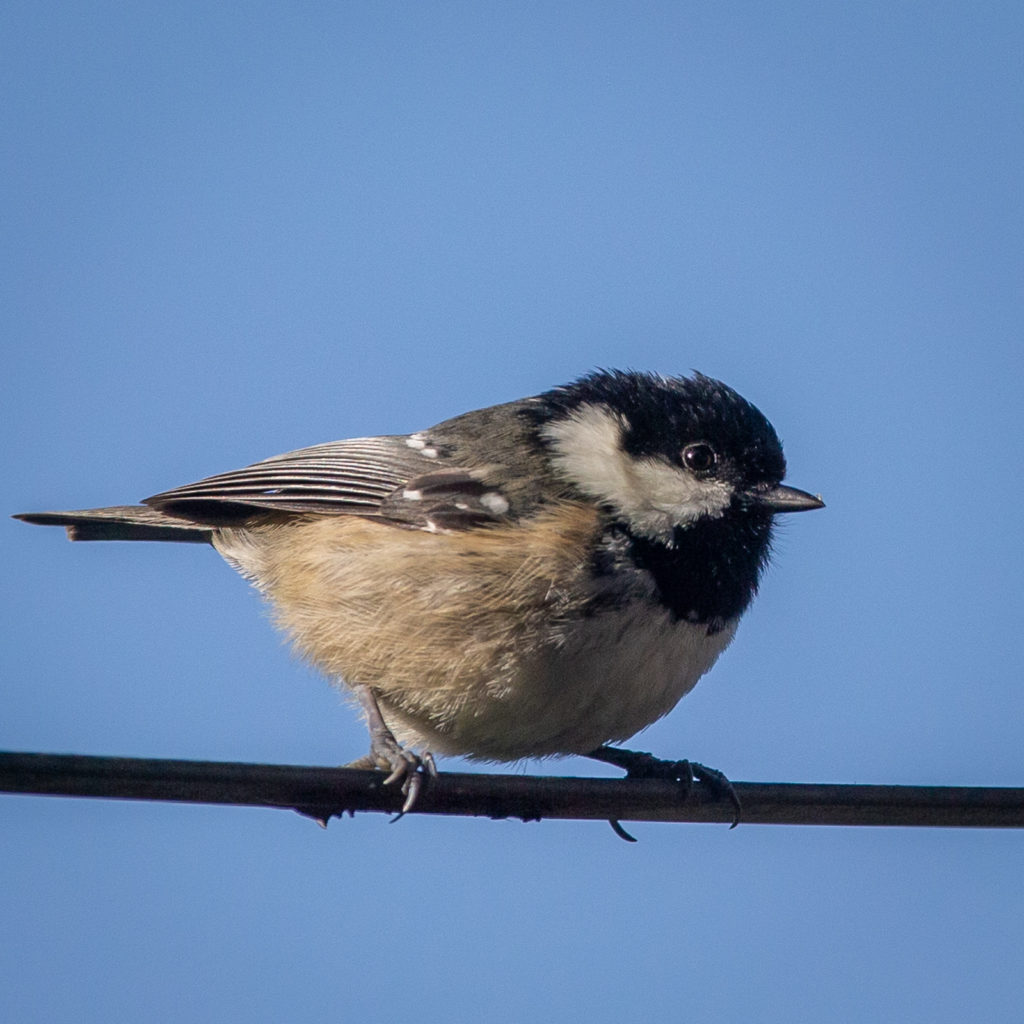
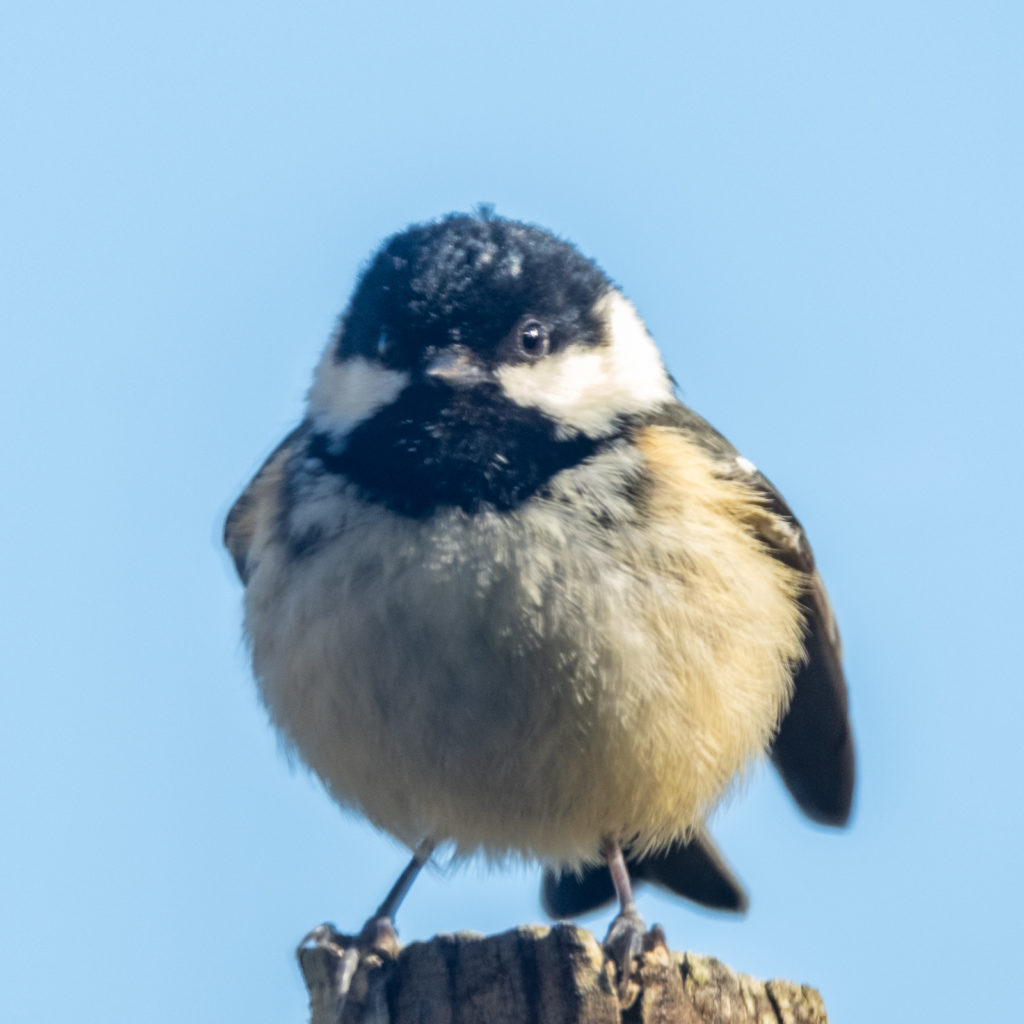
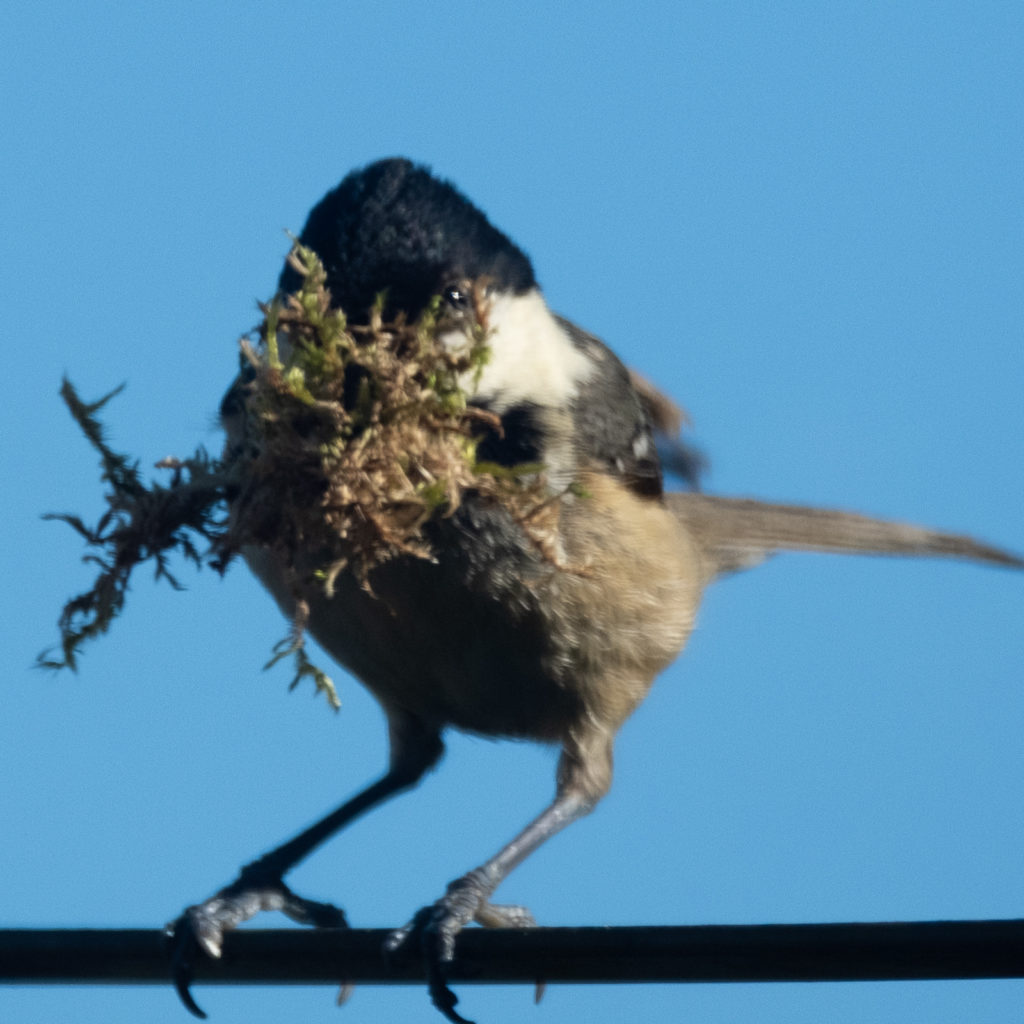
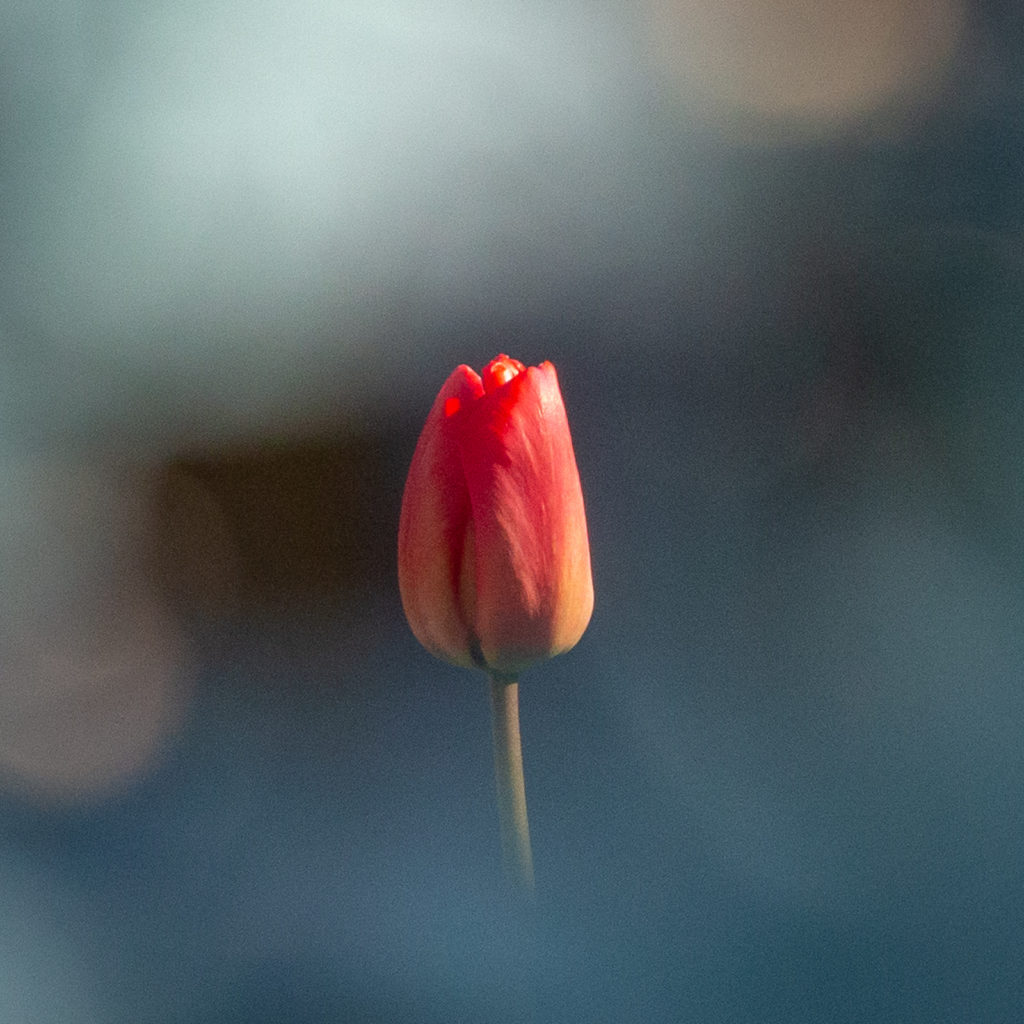
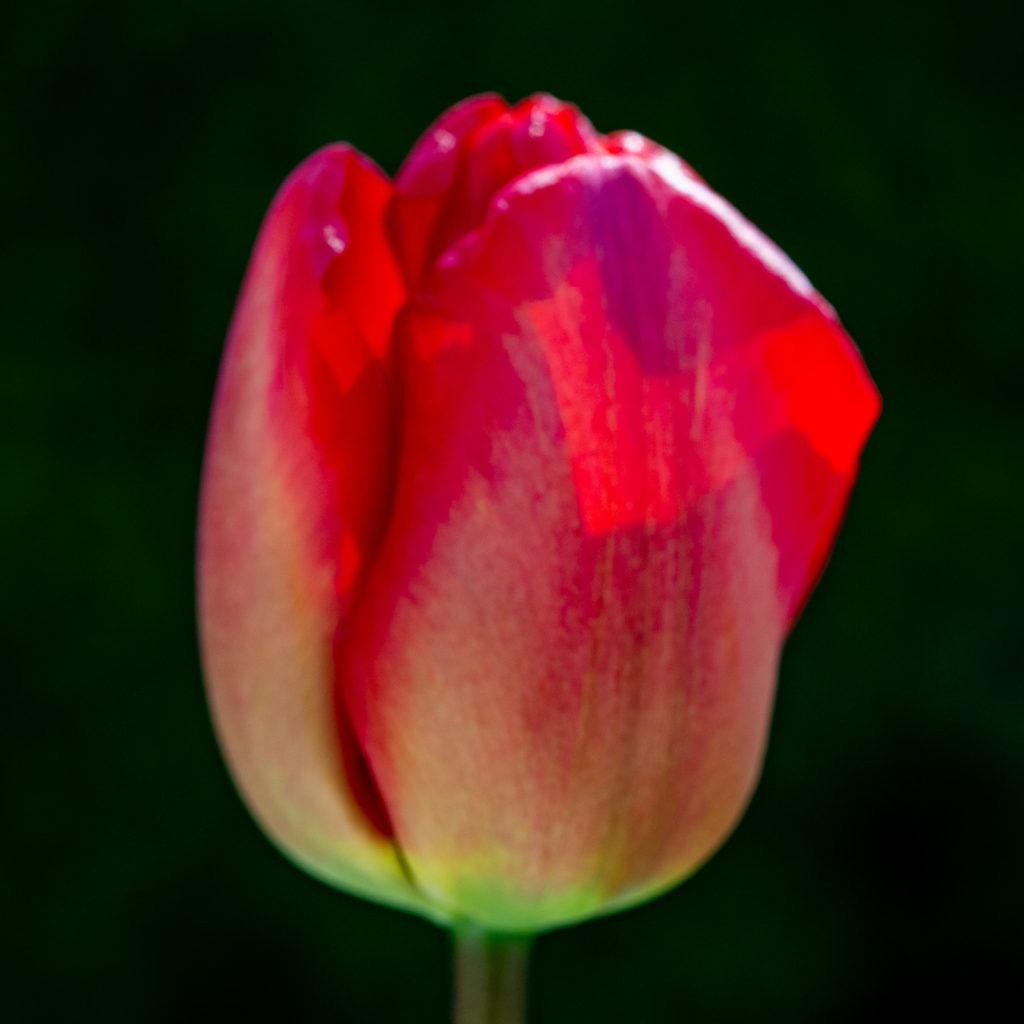





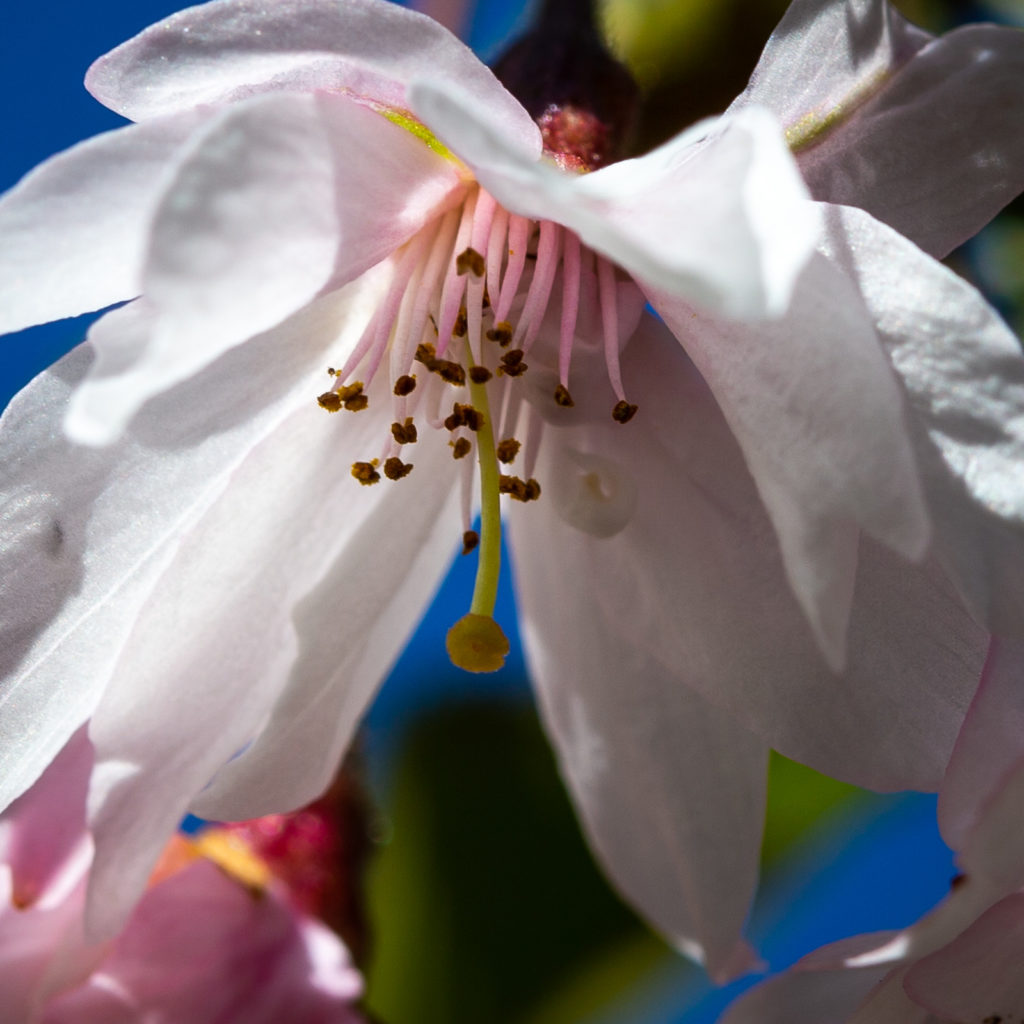
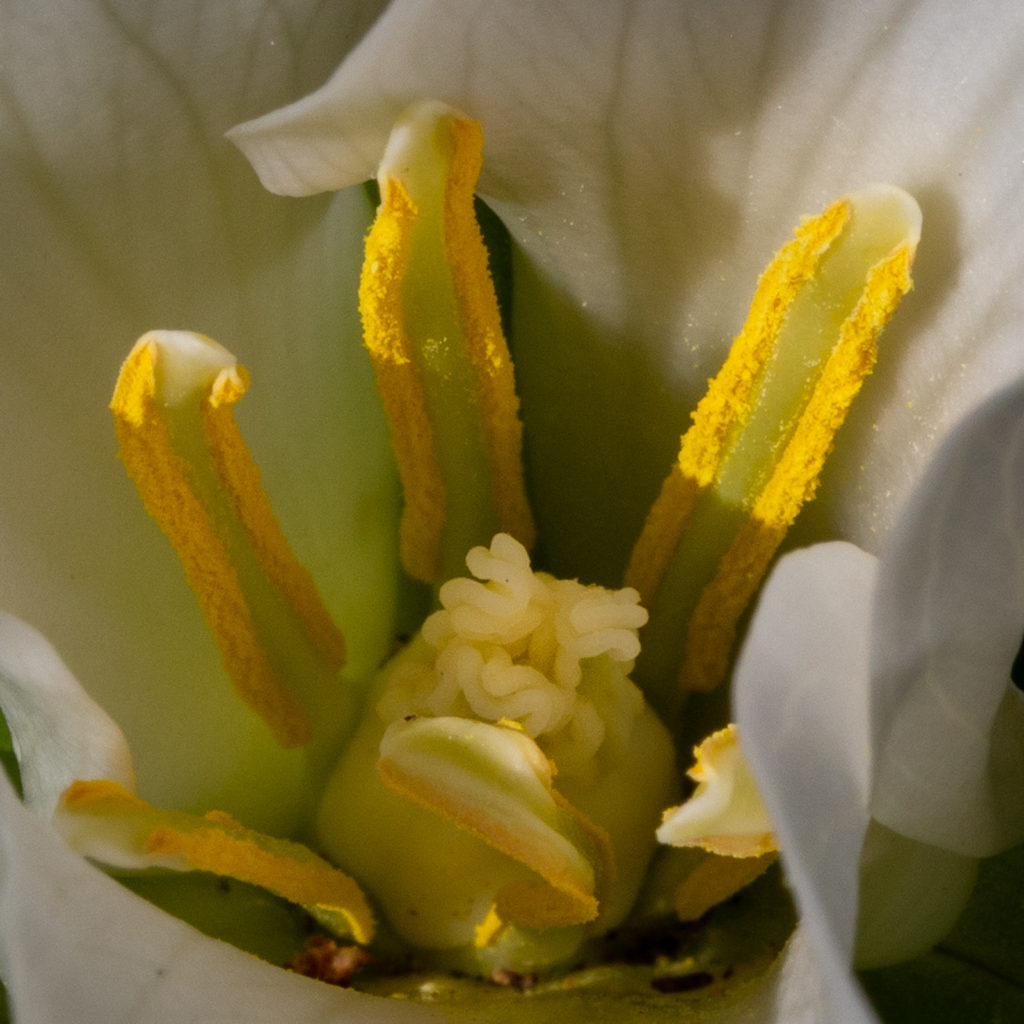
Great article. I enjoyed the weave of thoughts and certainly agree with the sentiment to not waste the opportunity that this lockdown is bringing. Also, thanks for the lovely photos.